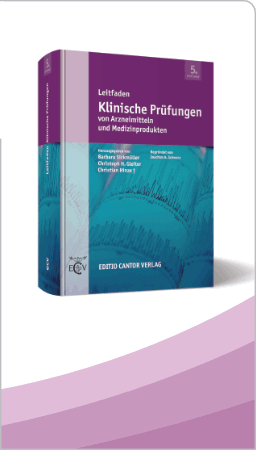Solidarität und Eigenverantwortung im Gesundheitssystem Betrachtungen zur Sicherstellung von Gesundheitsleistungen und deren Finanzierbarkeit am Beispiel der Niederlande Meike Kühl1 und Dr. rer. nat. Dr. med. Robert G. Geursen2 In Europe, a well-functioning health service is a basic right. In order to provide this care for the inhabitants of the Netherlands, the government has always played an active role in legislation concerning the provision of health care and its financing. As from the beginning of 2006 on, the former dual system of public and private has been merged into a private health insurance system. Since then, the financing of medical care takes place within three compartments. The first is the General Act on Exceptional Medical Expenses (AWBZ or Algemeene Wet Bijzondere Ziektekosten) which covers all inhabitants against serious medical risks. It refers to areas such as nursing homes, care for the handicapped, home care, and care for the mentally ill. AWBZ is a national insurance, which means that all inhabitants of the Netherlands participate compulsorily. The second compartment „Basisverzekering“ was introduced in 2006. The main objective was to create a standard insurance against the costs of curative care and to enlarge the freedom of choice for the insured. Core elements are (i) open enrolment: all Dutch inhabitants are obliged to take out a health care insurance and all Dutch health care insurers have to accept every inhabitant; (ii) standard cover: the Ministry of Health determines by law what care has to be covered by the insurers. The package consists of care by the general practitioner, hospital care, pharmaceuticals and medical devices; (iii) fixed premiums: differentiation of premiums for the same policy is not allowed; (iv) risk equalisation: the health care insurers take part in a system of national fund which supports health care insurers with a population of higher morbidity. The third compartment is formed by private insurance, which can be effected voluntarily as a supplement to the AWBZ and the „Basisverzekering“. The content of these policies varies greatly as does the premium and any own risk cover. |
|
|
pharmind 2006, Nr. 7, Seite 812




